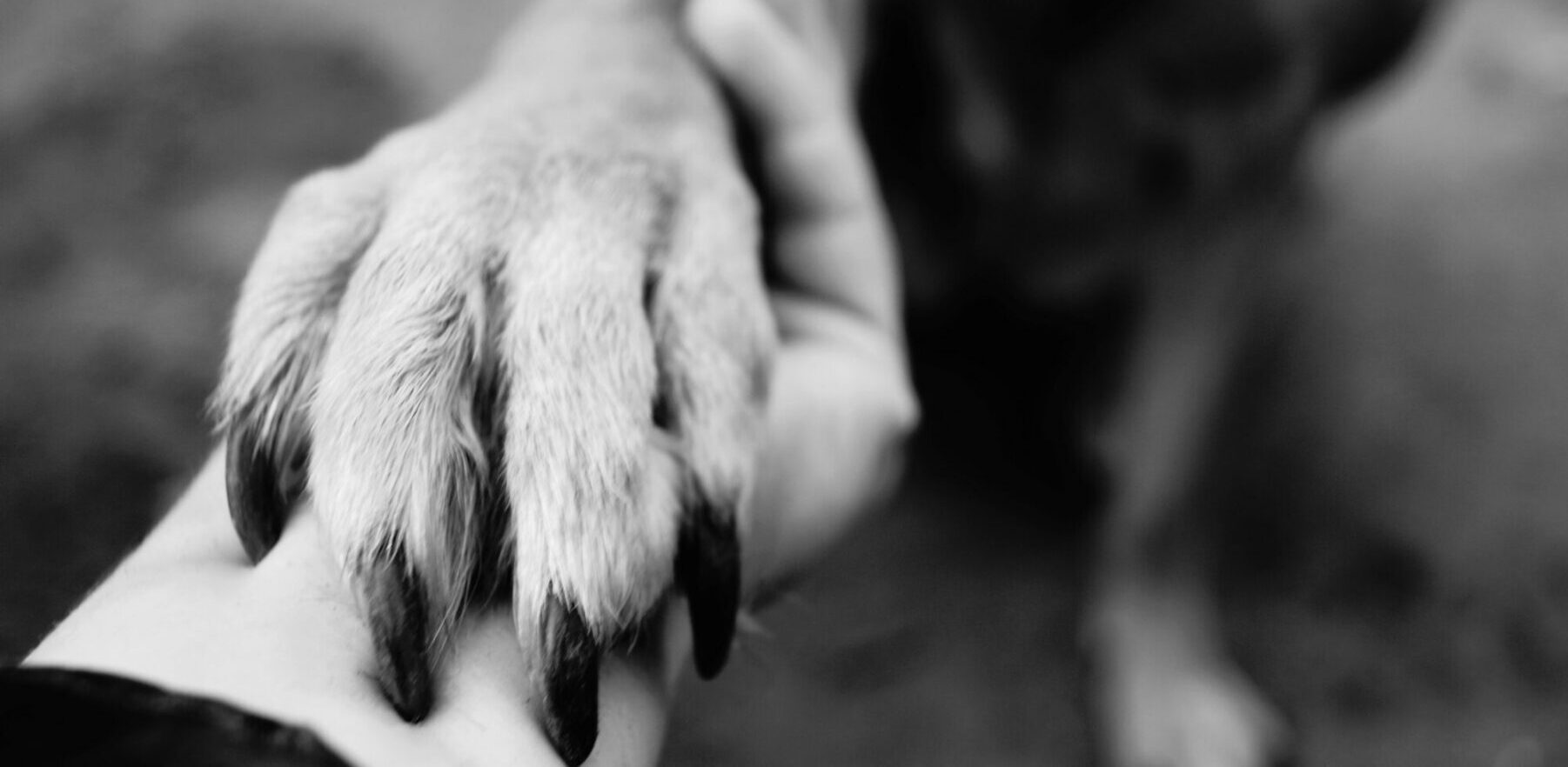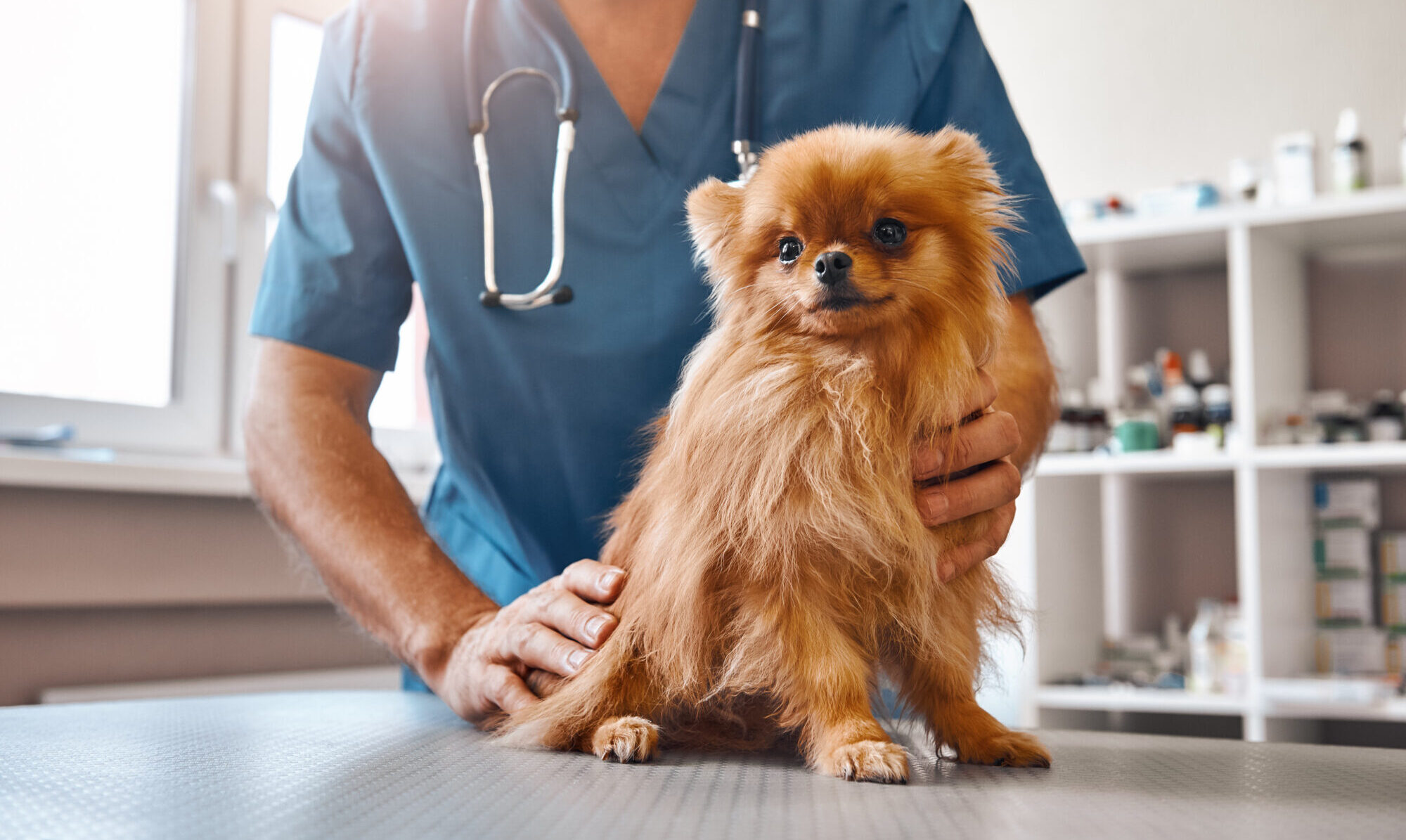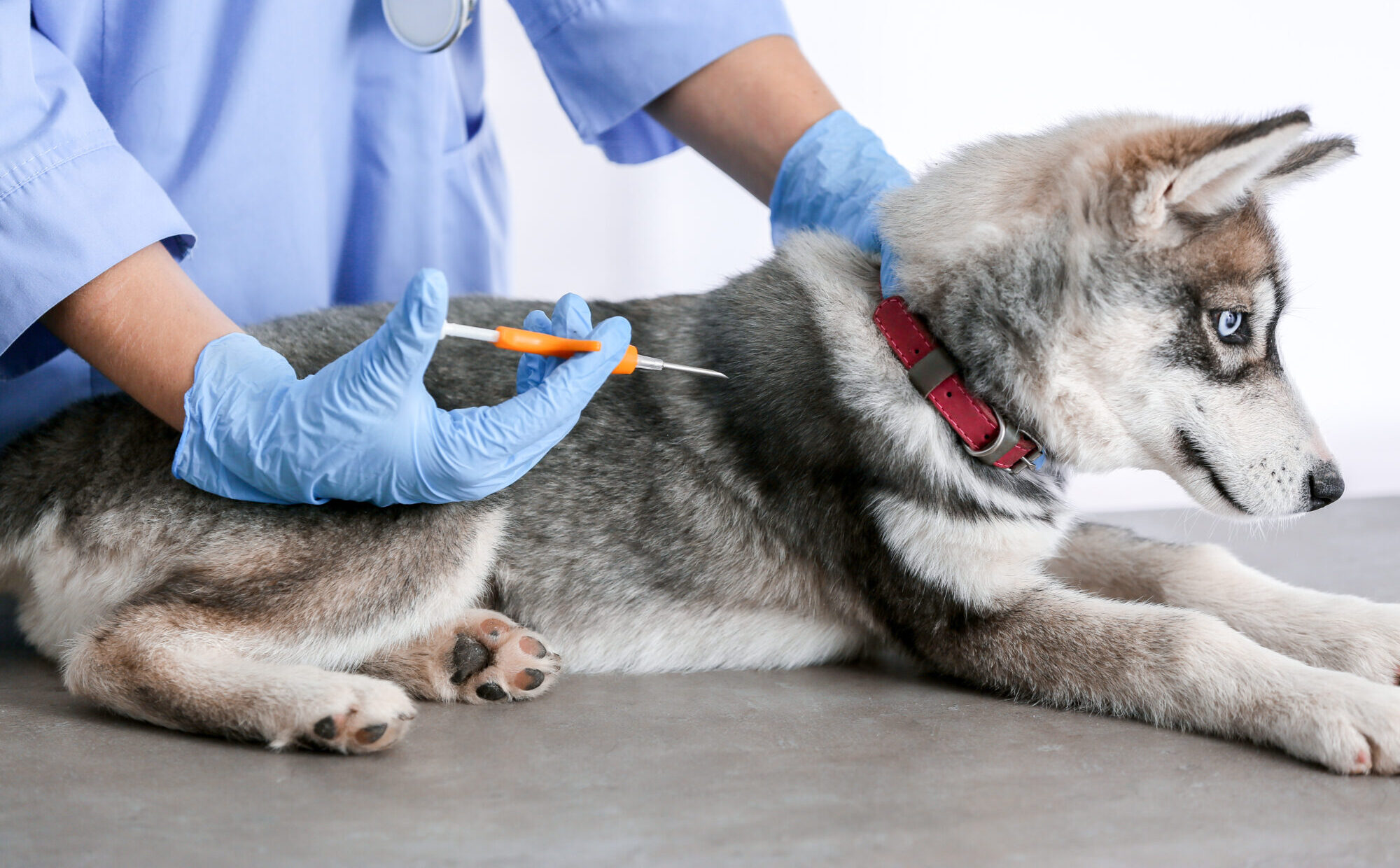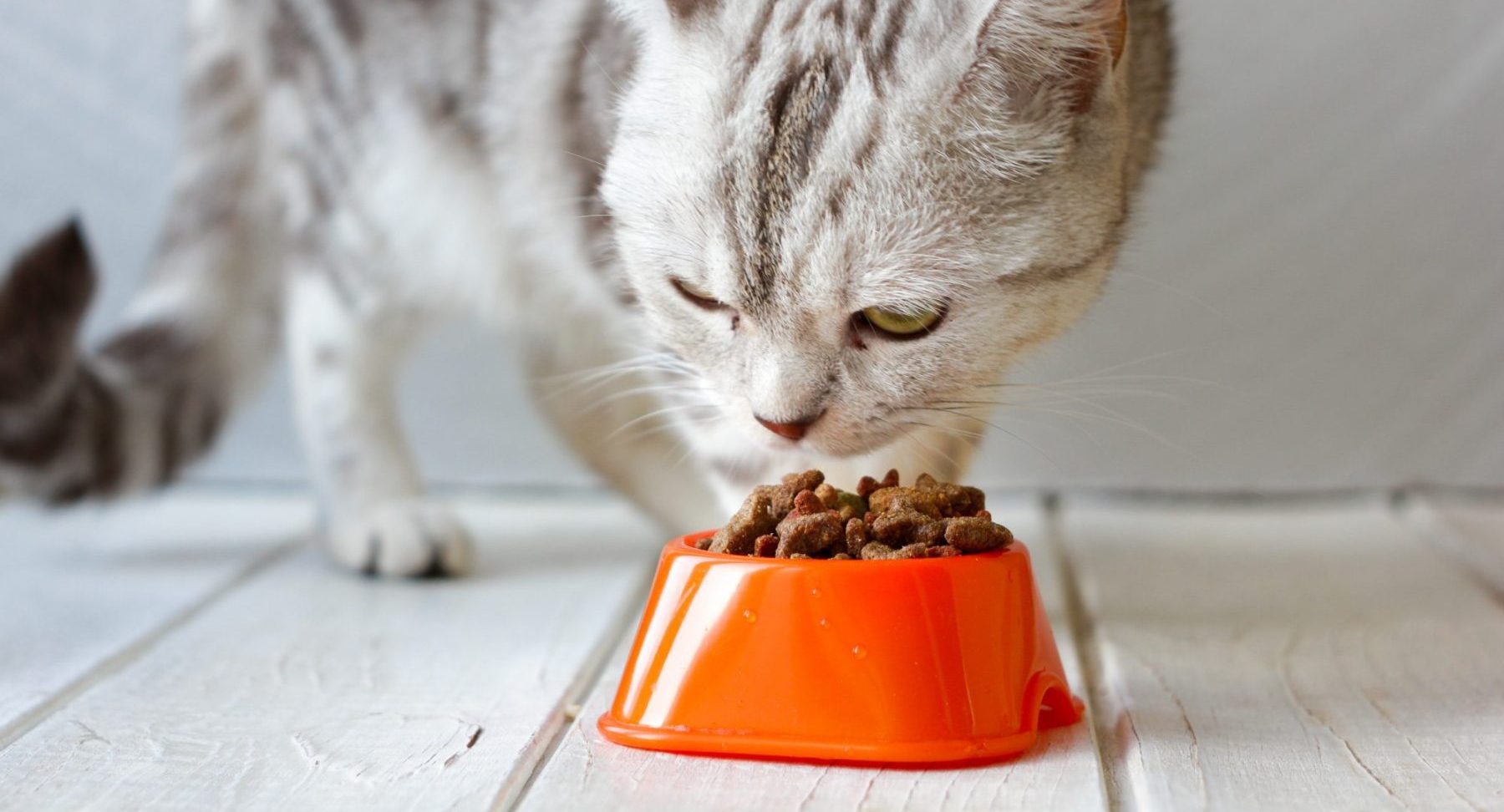Grain Free Diets: Do These Popular Diets Help or Harm Dogs?
Looking For A Specific Post?
Share This Post
What is the best food to feed your dog? This question has been asked by many pet owners. The pet food industry, start-up dog food companies, and social media have jumped on this question in a storm of answers. No longer do dog owners and fur-baby parents simply grab a bag of the cheapest or most convenient dry dog food. Now we are swamped by a multitude of new ideas, advice, and alternatives—grain free, limited ingredient, exotic ingredients, boutique foods, raw diets, and homemade or home-cooked diets. Are these just fad diets? Are they necessary, and most importantly, are they safe and healthy?
The veterinary community of doctors and researchers are answering – maybe not. There has been a substantial increase of dogs being diagnosed with a serious heart disease called dilated cardiomyopathy (DCM) in the past few years. Veterinarians and the FDA have identified and are studying the link between this heart condition and the dog’s diet, particularly grain-free diets.
What is dilated cardiomyopathy (DCM)?
DCM is a serious condition of the heart that causes the heart to become enlarged and weak. It can result in abnormal heart rhythms, congestive heart failure, and death. We typically see DCM in large breed dogs like Boxers, Great Danes, and Irish Wolfhounds and there is thought to be a genetic component in those breeds. Golden Retrievers, Cocker Spaniels, and some other dog breeds are susceptible to developing DCM related to taurine deficiency in their diet. However, veterinary cardiologists have been reporting increased rates of DCM in dogs, both in typical breeds and breeds that are not associated with DCM. There are concerns that their heart disease is related to grain-free diets, especially since some of these dogs improved when their diet was changed.
Is it just grain-free diets?
It is heartbreaking when a young, otherwise healthy dog suddenly has an enlarged heart or suddenly collapses and dies from DCM. It is equally difficult for the veterinarian to inform the family that it may be related to the dog food they so carefully selected for their beloved pet. One common diet associated with this is grain-free dog food. In grain-free dog foods, the grains like rice, oatmeal, or corn are replaced with ingredients such as legumes (peas, lentils, chickpeas, etc.) or potato. There has been a link between grain-free diets in dogs and DCM. However, other boutique, raw, home-cooked, or exotic ingredient diets have also been linked to DCM. Veterinarians and researchers are actively looking into what exactly in these diets could be causing DCM.
Can I just supplement taurine?
While taurine deficiency has been linked with DCM in some dog breeds, most dogs diagnosed with DCM do not have low taurine levels. Supplementing taurine while feeding a grain-free diet may not reduce your dog’s risk of heart disease. However, if your dog has been diagnosed with DCM, your veterinarian or veterinary cardiologist will likely recommend a safe, quality taurine supplement to help support your dog’s heart.
I’m feeding my dog grain-free. What should I do?
Given the fact that we don’t fully understand why these new diets are affecting some dogs and causing a life-threatening heart condition, we recommend reconsidering your dog’s diet. While some dogs are on a special diet due to food allergies, the vast majority of dogs do not have food allergies and do not need to be on a grain-free diet. Instead, consider choosing a food that has been formulated and tested by a reputable, well-established pet food company. Avoid foods that are grain-free or that include trendy exotic ingredients. Your veterinarian can help answer any questions you may have and can recommend types and brands of dog food.
We also recommend you monitor your dog for early signs of DCM – weakness, exercise intolerance, slowing down, coughing, shortness of breath, or fainting. If you notice any of those signs, please see your veterinarian and let them know what you are feeding your dog. Your veterinarian will listen for a heart murmur and may do additional tests like x-rays and blood work. They may also refer you to a veterinary cardiologist for further work up like an echocardiogram.
As we continue to research and learn more about diet and its impacts on the health of our pets, we strive to be able to offer the best diet recommendations for your pets. As veterinarians, our goal is to help you provide the best care for your pets so they can enjoy a long, healthy life with your family.
Previous Post
Celebrating New Year’s With Your PetsNext Post
February is Pet Dental Health MonthOur Services
Preventive Medicine
Prevention is key to supporting your pet’s ongoing health. We devise an individualized strategy to keep your pet healthy and happy.
Surgical Services
We perform standard and specialized surgeries to address your pet’s health concerns, including spays, tumor removal, orthopedic surgeries, and more.
Vaccinations
Vaccinations are an important part of preventing communicative diseases. Keep your pet up-to-date on their vaccinations right at our office.
Dental Care
Dental health is essential to your pet’s overall wellness. Our dental services cover all of your pet’s oral health needs, from tooth extraction to cleaning.
Heartworm Prevention
Year-round heartworm prevention is key to keeping your pet healthy. We provide FDA-approved treatments to prevent infection.
Flea & Tick Prevention
Fleas and ticks aren’t just a nuisance: they pose a serious threat to your pet’s health. Protect your pet with preventative medicine.
Pocket Pets
Pocket pets have unique health needs. Our team addresses your pet’s health issues and develops a strategy, so they feel like their energetic self.
Reproductive Care
We provide comprehensive reproductive care for pets, including artificial insemination, neonatal care, fertility exams, and more.
Emergency Service
Rely on us when your pet needs urgent care. We know emergencies are stressful, so we treat urgent health concerns with the utmost care.
Orthopedic Surgery
Various orthopedic problems with your pet can call for surgical operations, and our vets have a wide range of experience handling orthopedic issues.
Latest Posts
Visit Our Online Pharmacy
Managing your pet’s medical needs is easy when you use our online pharmacy. Renew your pet’s prescription and purchase FDA-approved medication right from the comfort of your home. If you have any questions, contact us to speak with a trusted veterinarian.


















